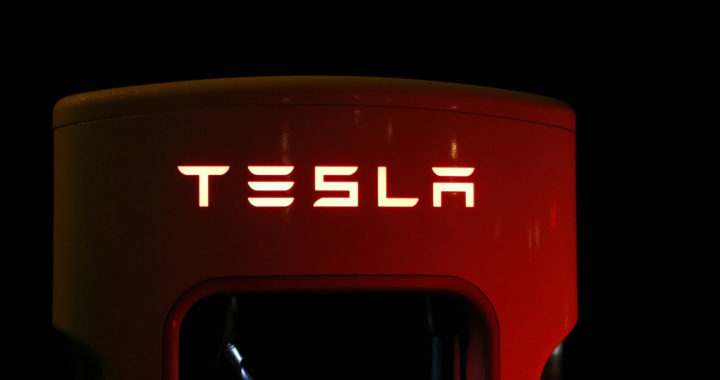Tesla has been known for producing iconic electric vehicles such as the Roadster and Model S. Some people would consider it an automaker. However, as part of its business strategy, the company has also ventured into the development and production of energy storage devices including rechargeable lithium-ion batteries, as well as the provision of photovoltaic energy solutions for residential, commercial, and industrial clients.
Key executives such as Elon Musk have positioned Tesla as a tech company. They have argued that technological pursuits and innovation are at the heart of their business. There is some truth to this. The company has been at the forefront of defining modern electric vehicles while also contributing to the further development of battery technologies. However, for some individuals, considering Tesla as a tech company is a stretch.
Arguments and Explanations: Reasons Why Tesla Is Positioned and Branded as a Tech Company
Tech companies include all businesses involved in the selling of technology goods or services. However, considering the fact that several companies from different industries and sectors are selling tech-based products, such as software developers, online-enabled service providers such as social media companies and streaming service providers, network carriers, and chip fabricators, among others, “tech” as a category can be too broad.
For its part, the business of Tesla centers on its mission of accelerating the transition to sustainable energy through its three key businesses: the design and production of electric vehicles, the development and production of energy storage devices, and the provision of solar energy or photovoltaic systems.
What makes Tesla a tech company is that it banks on technology to fulfill the aforementioned core mission. It intends to achieve this by capitalizing on innovation and through its teams of scientists and engineers with specializations in physics and chemistry, material science, computer science, and information technology, among others.
It is also important to highlight the fact that it is at the forefront of developing and introducing technologies relevant to electric vehicles. These include developing and maintaining an operating system for making “smart” vehicles, current pursuits to develop hardware and software capabilities for self-driving vehicles using artificial intelligence, and improving further the storage capacity and charging time of its batteries.
The application of technology and innovation has been demonstrated in its specific vertical integration strategy, as well as in the diversification of its business and product offerings. Remember that Tesla has been introducing some of the most recent developments in energy storage and photovoltaic systems.
Counterarguments and Criticisms: Reasons Why Tesla Is Not Considered a Tech Company
Several industry observers and analysts in the media have made strong arguments about why people should not consider Tesla as a tech company. For example, in his articles published on Insider, senior correspondent Matthew DeBord cautioned investors not to align the company with other tech companies such as Apple and Amazon.
The stock prices of tech companies often move based on the same trends and circumstances. However, the main business of Tesla is more attuned with the businesses of automobile companies and developments in the automobile industry. The danger of considering a particular company as a tech company comes from general investment decisions that are often made based on sector-wide or industry-wide observations and analyses.
DeBord also explained that Tesla has become more of a luxury automaker in the same league as BMW and Porsche each day since it sold hundreds of thousands of vehicle units in 2018 alone. He noted that its entire business model resembles Honda—a famous automaker that has ventured into aircraft production, robotics, and power equipment.
An important point to highlight about Tesla is that it does not fall under a traditional business category. DeBord argued that the company is creating a new industry. Some might categorize it as an innovative tech firm similar to Apple. However, for observers like DeBord, it is impossible to figure out what Tesla is all about because its current endeavors and directions are reminiscent of nascent businesses that emerged during the 20th century.
Tesla essentially does not fit into an established industry or sector. It is true that it is among the pioneers of the electric vehicle industry but it is also changing the business models of established automakers. Note that tech companies are often disruptive. However, the fact remains that its operation remains capital-intensive similar to other automakers.
